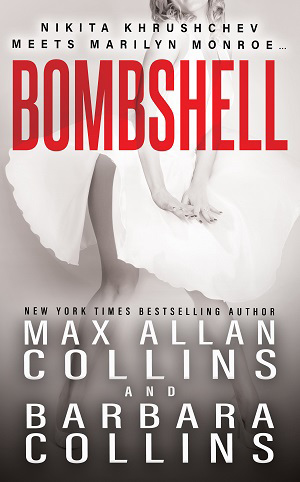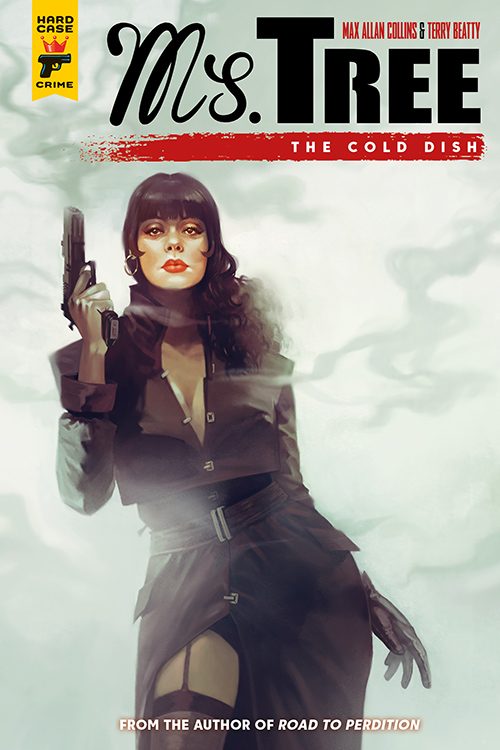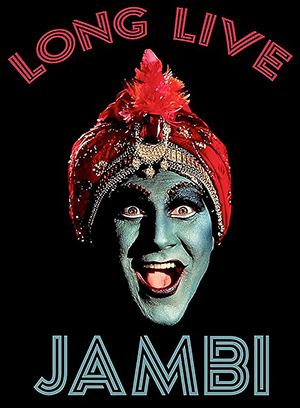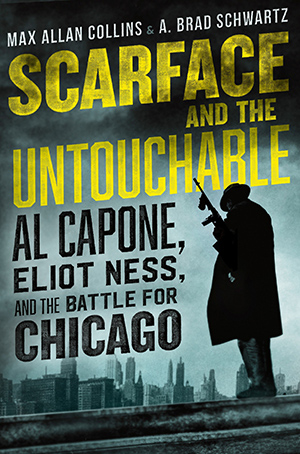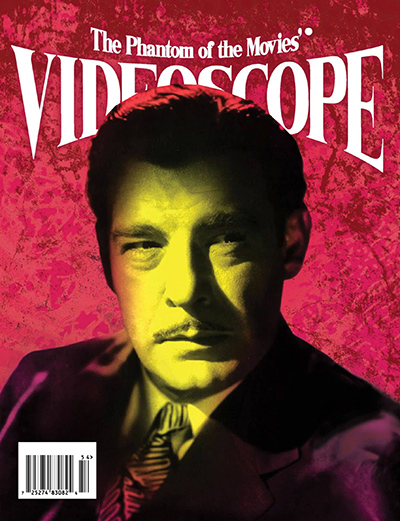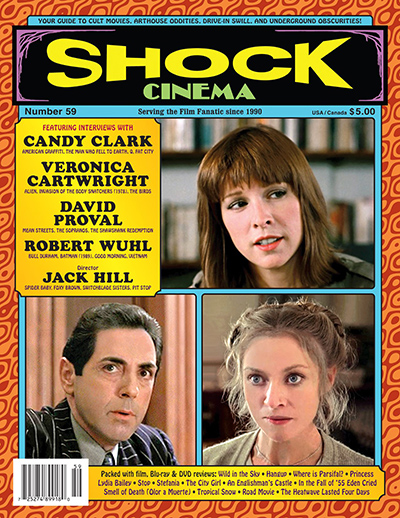We have ten copies to give away of the lovely new Wolfpack edition of Bombshell by Barbara Collins and me.
[All copies have been claimed! Thank you for participating, and check back soon for more giveaways. –Nate]
Bombshell is the historical espionage thriller in which Marilyn Monroe meets Nikita Khrushchev on his visit to America in 1959. It has been published previously with Barb receiving top billing, and again under our joint “Barbara Allan” pen name. I’ve been given top billing here to bring it in line with my other Wolfpack titles, but frankly Barb deserves more credit than I do – the novel springs from a short story of hers and reflects her long interest in (and expertise about) Marilyn Monroe.
Again, the main event this week is another chapter in my ongoing memoir, A Life in Crime, which I’ve done for NeoText to help promote Fancy Anders Goes to War, which comes out on October 5, with The Many Lives of Jimmy Leighton (by Dave Thomas and me) coming out October 25.
This week is the story of how Ms. Tree came to be, and includes a fantastic array of Terry Beatty’s cover art (and the covers by guest artists of the DC issues and the current Titan archival collections). It’s right here.
Norm Macdonald made me laugh harder than anyone I can think of. His deadpan talk-show delivery of corny groaner punchlines after torturous build-ups seemed at odds with his razor-sharp surprising stand-up sardonic observations that shattered the boundaries of political correctness. With quietly self-amused fearlessness he tested what an audience would tolerate, flirting with the ugliness of dark humor yet consumed by a sunny Canadian decency and integrity. The nasty side of his humor was funny in part because he seemed to have an innate sweetness as well as a sense of his own absurdity.
He was at his peak of popularity when he held the news desk at SNL, with two movies on the way, positioning him to be the next Bill Murray or Michael Keaton. But his gambler’s streak kept him from playing it safe, instinctively knowing that what he had to offer was his willingness to go where he shouldn’t like the class clown who faces expulsion but has one last crack to make about the teacher.
So when the boss at NBC, Don Ohlmeyer, ordered Norm to lay off the O.J. Simpson jokes, and the Michael Jackson digs too, Norm simply smiled that small sly smile and upped the ante. My favorite Norm moments were shared by the victim of those moments, prop comic Carrot Top, who showed real class here by sharing with an audience his own skewering.
Norm only topbilled two movies – Dirty Work and Screwed. Neither was loved by critics at the time, but both capture Norm at his best, in particular the dizzingly bad-taste exercise that is Dirty Work (“Note to self: making love to blow-up doll is not as good as advertised”). And Screwed teams Norm with Dave Chappelle, with Elaine Stritch and Danny DeVito offering delightfully unhinged support.
In this humorless, uptight era, the death of Norm Macdonald is the death of comedy.
This podcast interview with me becomes available today.
M.A.C.
